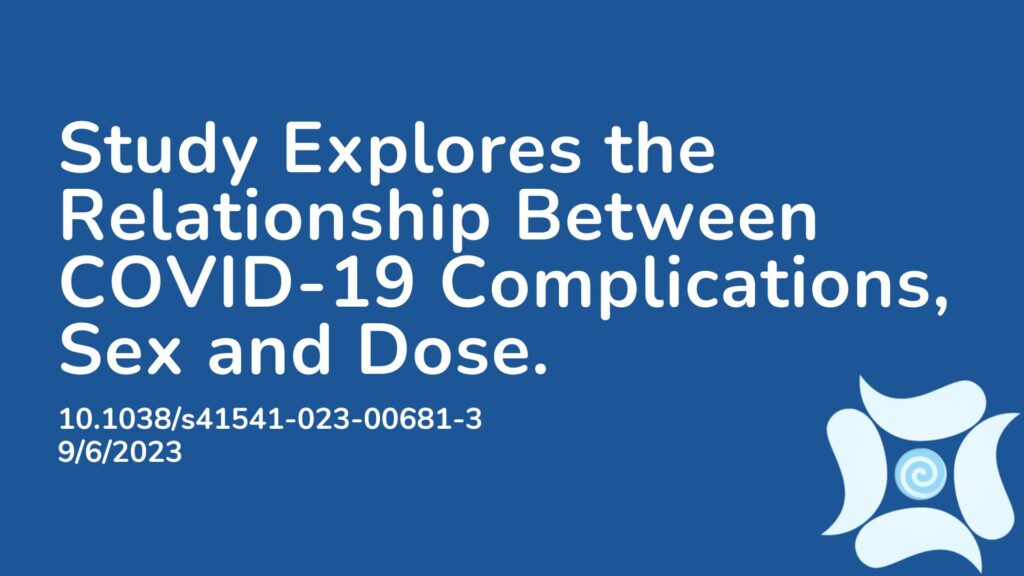Summary:
This systematic review and meta-analysis aimed to assess the incidence of myocarditis and pericarditis in adolescents after receiving the COVID-19 vaccine, as well as the association between these conditions with vaccine dosage and sex. The authors explained that the incidence of myocarditis and pericarditis following a COVID-19 vaccination among adolescents was estimated to be 4.5 cases per 100,000 vaccinations. The risk of myocarditis and pericarditis was significantly higher after the second dose of the vaccine, however the risk was lower after a booster dose than after the second dose. Males were found to be approximately seven times more likely to experience myocarditis or pericarditis following a COVID-19 vaccination compared to females. This study emphasizes the importance of monitoring and addressing any potential side effects.
Abstract:
Myocarditis and pericarditis are frequent complications of COVID-19, but have also been reported following vaccination against COVID-19 in adolescents. To build vaccine confidence and inform policy, we characterized the incidence of myocarditis/pericarditis in adolescents following BNT162b2 vaccination and explored the association with dose and sex. We searched national and international databases for studies reporting the incidence of myocarditis/pericarditis following BNT162b2 vaccination as the primary endpoint. The intra-study risk of bias was appraised, and random-effects meta-analyses were performed to estimate the pooled incidence by dose stratified by sex. The pooled incidence of myocarditis/pericarditis was 4.5 (95%CI: 3.14–6.11) per 100,000 vaccinations across all doses. Compared to dose 1, the risk was significantly higher after dose 2 (RR: 8.62, 95%CI: 5.71–13.03). However, adolescents experienced a low risk after a booster dose than after dose 2 (RR: 0.06; 95%CI: 0.04–0.09). Males were approximately seven times (RR: 6.66, 95%CI: 4.77–4.29) more likely than females to present myocarditis/pericarditis. In conclusion, we found a low frequency of myocarditis/pericarditis after BNT162b2, which occurred predominantly after the second dose in male adolescents. The prognosis appears to be favorable, with full recovery in both males and females. National programs are recommended to adopt the causality framework to reduce overreporting, which undercuts the value of the COVID-19 vaccine on adolescent life, as well as to extend the inter-dose interval policy, which has been linked to a lower frequency of myocarditis/pericarditis.
Article Publication Date: 9/6/2023
DOI: 10.1038/s41541-023-00681-3



